Mantras like “family is all” and” blood is thicker than water” have romanticized the relationship with your family, sometimes, to an unhealthy point. However, some families can be toxic and full of intergenerational trauma, substance abuse, or mental health disorders that may make it unsafe to stay in contact with parents, children, siblings, or other close family members.
How Family Dynamics Impact Recovery
Research shows that the most successful case studies in long-term sobriety have also had a strong support system at home. The 2018 article published in BMJ Open reported that families are significantly impacted by addictions. Family involvement in treatment can reduce the harms and improve treatment entry, completion, and positive outcomes for the individual coping with an addiction.
Supportive loved ones can do the following:
- Provide encouragement and positive reinforcement
- Make changes to accommodate your recovery
- Actively take part in your recovery by attending family therapy
Only, that’s when the family is supportive. Unfortunately, some family members can be toxic, and achieving a positive relationship with loved ones is not always easy due to past experiences. Common causes of family dysfunction include:
- Limited emotional intelligence
- Abuse
- Mental health disorders
While you can try to work through these with family therapy and other alternatives, if family members aren’t willing to put aside differences — or make plans on healing their own trauma — you’ll only end up threatening your own recovery. A few common risk factors for developing SUD and related disorders include:
- Close family members with a history of substance use or mental health disorders
- Childhood abuse or neglect
- Growing up in a toxic environment
- Witnessing domestic abuse
If these issues are unaddressed, they risk triggering you and jeopardizing your recovery. Distancing yourself doesn’t mean you do not love them. Rather, it means you’re making your recovery a priority.
Triggers in Toxic Family Relationships
Toxic family relationships can come from the aftermath of previously made choices or even be symptoms related to a medical condition, as addiction tends to be intergenerational and cyclic. Seeking help for your disorder means slamming the brakes on that cycle of damage but, as you navigate your recovery, it also helps when you can pinpoint what toxic behaviors were occurring — or what needs were left unmet. Here are a few examples:
- Feelings of abandonment or neglect
- Anger, frustration, guilt, or other unaddressed negative emotions
- Financial strain
- Lack of clear communication
- Unresolved arguments
- Unrealistic expectations
Common Types of Toxic Interactions
Identifying the root of toxic relationships is one thing, but you also need to recognize when you’re in one and when it is happening — which could be difficult if you come to normalize these types of bonds. You might have normalized these toxic interactions if you’ve been around these types of relationships your entire life. Here are some examples of toxicity within a relationship:
- Lack of accountability
- Using substances around you despite knowing you’re in recovery
- Constant critiquing and nitpicking of you
- Undermining you or being dismissive of you
- Refusing to respect boundaries you set
Repairing Family Dysfunction
If you’re suffering from substance use disorder, the chances of family dysfunction being present are significantly higher, as a percentage of individuals who experience addiction have one or more close family members who also struggle with substance abuse. However, the Substance Abuse and Mental Health Services Administration (SAMHSA) states that even if your family is not traditionally close, you can find ways to overcome differences and build up an equally beneficial relationship with family therapy.
Family therapy provides the opportunity for you to talk about your recovery with family members who have not tried to get help for their disorder. In addition, an outside perspective can serve as a guide for family members through the complicated conversations surrounding treatment and long-term recovery to increase understanding and self-awareness while working toward common goals.
The best part is that you can start family therapy while attending a residential or outpatient treatment facility. At White House Recovery and Detox, we encourage families to play an active role in treatment. In best-case scenarios, it helps to stabilize symptoms and, if you choose to wait until after completing your treatment, a case manager can connect you with community or private support resources that include family and individual therapy. Learn more by visiting our page on how we treat substance use disorder.
One-on-one and family therapy can be a helpful method in breaking down why family issues persist and can even lead to determining a healthy path forward for everyone.
Family Therapy Is Not Always the Right Answer
While family therapy yields itself as a natural process while getting treatment at a facility, it doesn’t work for everyone. In some instances, the process is too strenuous and does more harm than good. Family therapy may not be best for the following individuals where:
- Anyone with religious or cultural reservations about attending therapy
- Anyone with severe paranoid or delusional symptoms
- Anyone who experiences difficulty communicating due to mental or physical disability
- If you have questions or are uncertain about how well family therapy would work for you and your loved ones, speak with your therapist
- You should also prepare educational information to help alleviate any concerns before approaching your loved ones about attending joint sessions
You can love, be there for and show your family that you care without compromising your recovery. That task, however, is a taller order than it may seem on paper, especially when we have come to normalize trauma bonds within a toxic family. As you embark on your recovery journey, however, it’s imperative to be careful about the proximity you keep to your loved ones and that you instill methods on how to go about an amicable relationship without backsliding in your recovery. Sometimes therapy is the answer; sometimes, it’s not. Here at White House Recovery and Detox, we want to help you best reach that decision. Whether that ends up in reconnecting with loved ones or cutting toxic bonds, we empower you to do what is best for you. Learn more about our services and facility by calling our office today at (800) 510-5393. We are here for you.


